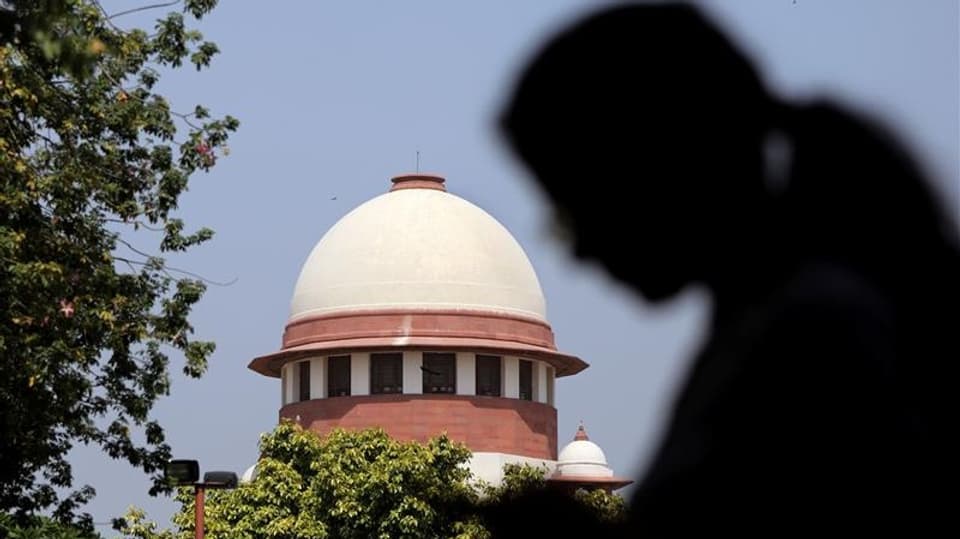Contents
But the basic problem is the low status of some women in India, says SRF correspondent Maren Peters.
Criminal justice reform in India: The Indian government has made proposals to Parliament to reform criminal law, which dates back to British colonial times. “The entire legal system is still shaped by British rule,” says Maren Peters, SRF South Asia correspondent. The planned case law is intended in particular to tighten the laws for the protection of women. The two houses of parliament in India are expected to discuss the proposals later this year, according to the AP news agency.
gang rapes: A minimum sentence of 20 years imprisonment should be threatened. The procedural time for crimes against women should also be significantly reduced. At the moment, waiting times for a judgment of up to 30 years are normal, says Peters. “It is not uncommon for witnesses or plaintiffs to die before they are even heard, and that should change.” However, according to the correspondent, many doubt that this promise can be kept, as India’s judicial system is chronically overburdened. There are far too few judges and far too few medical laboratories that can carry out the necessary investigations in the event of rape or murder. And even today, a maximum of 20 years in prison can be imposed for gang rape, says Peters.
Legend:
Many men regard women of low status as fair game.
Reuters/Anoushtee Fadnavis
False promises: For the first time, it will be criminalized if a man promises marriage to a woman in order to obtain sexual services and the promise is not kept. This is punishable by up to ten years in prison.
Rape of minors: Raping a girl under the age of 12 carries a penalty of at least 20 years in prison, with the possibility of a life sentence. The maximum penalty for raping a minor can be the death penalty, as the newspaper India Today writes.
The conviction rate for rape is 32 percent. This is a societal problem.
Rape of low caste or religious minority women: It often happens that the police in India refuse to accept such reports, especially when the alleged perpetrator belongs to a higher caste or is politically well connected, says Peters. “The conviction rate for rape is 32 percent. It’s a social problem.” As long as women from lower castes are more or less considered fair game by many men, stricter laws would not change anything, the correspondent notes.
